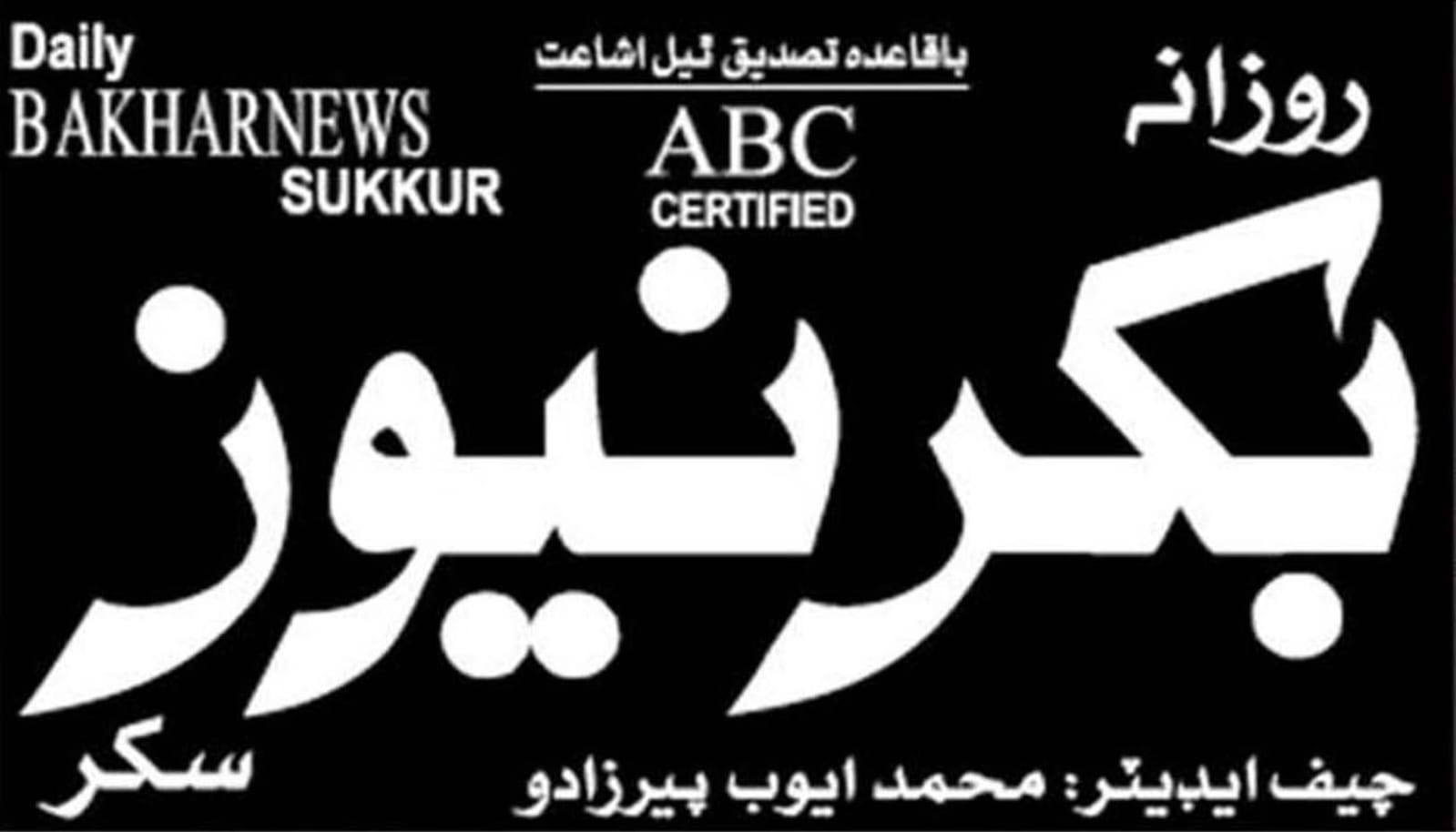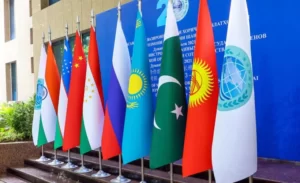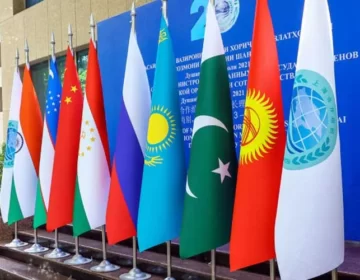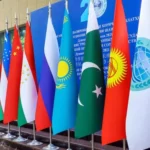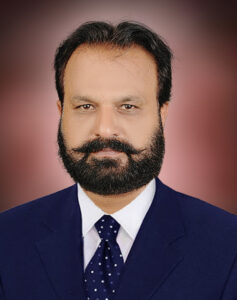
By Muhammad Ayub
Prime Minister Hamza Abdi Barre of Somalia highlighted the multitude of challenges facing the world today, including transnational conflicts, humanitarian crises, and the existential threat of climate change.
Prime Minister Barre emphasized that current global challenges present “an opportunity for transformation,” achievable through “closer cooperation, collective resolve, and a steadfast commitment to humanity and multilateralism.”
He addressed the urgent humanitarian crises in Sudan, Gaza, and Ukraine. Condemning the violence in Sudan, he highlighted the displacement of millions and severe food insecurity, urging a halt to hostilities and the protection of civilians, as well as the need for humanitarian access and inclusive dialogue.
Regarding Gaza, Mr. Barre remarked, “The ongoing conflict has not only destroyed the physical infrastructure but has also crushed the hopes of an entire generation.” He called for an unconditional ceasefire and the lifting of the blockade, advocating for a political process that respects Palestinian rights.
On the situation in Ukraine, he reiterated calls for a ceasefire and adherence to international humanitarian law, stressing the importance of dialogue for a lasting political settlement and to prevent further escalation.
Barre also highlighted regional threats, particularly Ethiopia’s actions against Somalia, which he described as violations of its territorial integrity. He condemned Ethiopia’s attempts to annex Somali territory and called for international support to uphold Somalia’s sovereignty.
He stressed the need for sustainable funding for peacekeeping efforts, particularly in Somalia, where African Union forces play a crucial role in combating terrorism. He urged the international community to explore innovative funding solutions to support these missions.
Climate change was another critical topic, with Barre pointing out its severe effects on Somalia, including droughts and floods. He noted that bureaucratic hurdles often prevent developing countries from accessing necessary aid and called for simplified access to international funds to help vulnerable nations build resilience.
Finally, he advocated for reforms in the UN Security Council to better reflect current geopolitical realities, supporting the ‘Ezulwini Consensus’ for a more inclusive Council. He also urged reforms in international financial institutions to foster a more equitable global economy, emphasizing the need for accountability and transparency.
Celebrating Somalia’s progress, PM Barre noted milestones such as debt relief and accession to the East African Community, highlighting the country’s potential for economic growth and development due to its natural resources and strategic trade location.

